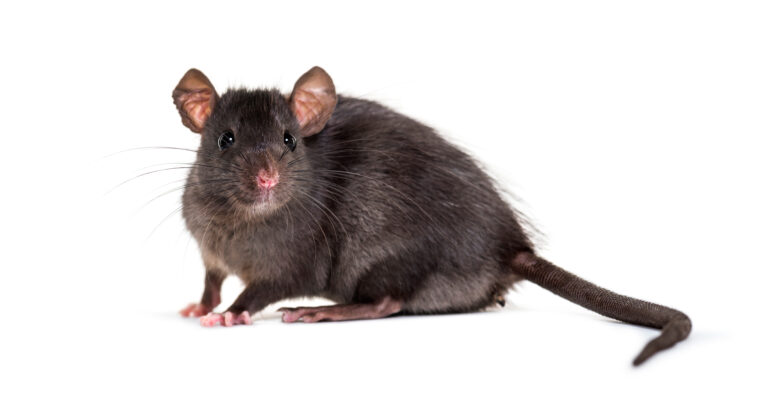Poultry farmers are being urged to take extra measures to deter rodents this winter in response to the recent national housing order as a result of the ongoing threat posed by avian influenza (AI).
Dave Reece, Lodi UK’s technical adviser and professional pest controller, is urging poultry producers to prioritise biosecurity as we enter peak AI season.
“The increase of housed birds paired with colder weather means we’re likely to see an influx of rodent activity in and around poultry units, as they seek food and shelter,” said Reece.
“Rodents pose a huge threat to biosecurity due to their ability to spread diseases like bird flu, so now is the time to check all buildings are proofed to prevent entry and monitor for activity.”
He said mice are particularly difficult to control as they are excellent at living under the radar, and if you do spot one, it is likely you already have a substantial population on your farm.
“The best way to prevent rodent infestations is to proof the building when the shed is empty, make sure potential entry points are blocked, remove anything against walls and keep all areas tidy,” he added.
“Don’t provide rodents with a place to live; regardless of how scrupulous your biosecurity regime is, if vermin can get into buildings, this work will be undone.”
If you do suspect rodent activity on the farm, Reece advised putting down bait stations at the earliest opportunity.
“Baits vary in active ingredients and formulations, so it’s best to work with a pest controller to ensure you’re using the most effective option for the situation,” he explained.
Alongside rodent management during housing, Reece said thorough cleaning and disinfection between flocks is vital as it provides an opportunity to remove any potential disease pressure.
To achieve this, he recommends using a disinfectant smoke, such as Lodi’s Defender OPP Smoke, as part of the turnaround disinfection protocol, once all manual cleaning has been completed.
“The new Ortho-Phenyl-Phenol disinfectant smoke has proven efficacy against fungus, bacteria and viruses in enclosed spaces, even in hard-to-reach areas,” he said.
“The product is easy to use in self-contained, pre-dosed 250g tins to achieve an even, uniform smoke dispersal.”
Reece said: “OPP smoke should be used as close to re-entry of birds as possible, as a final step in the cleaning protocol, to remove any potential remaining pathogens.”


